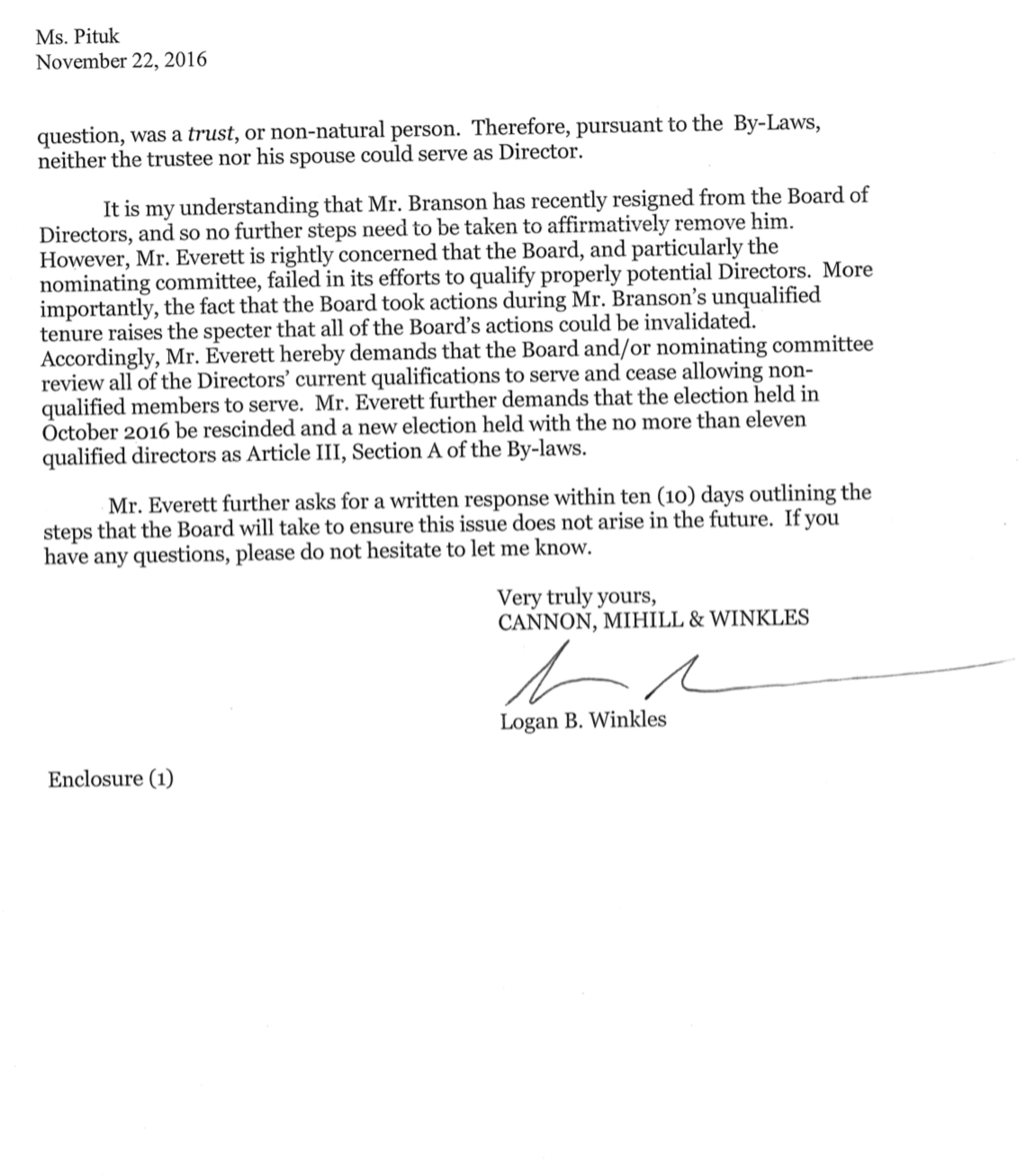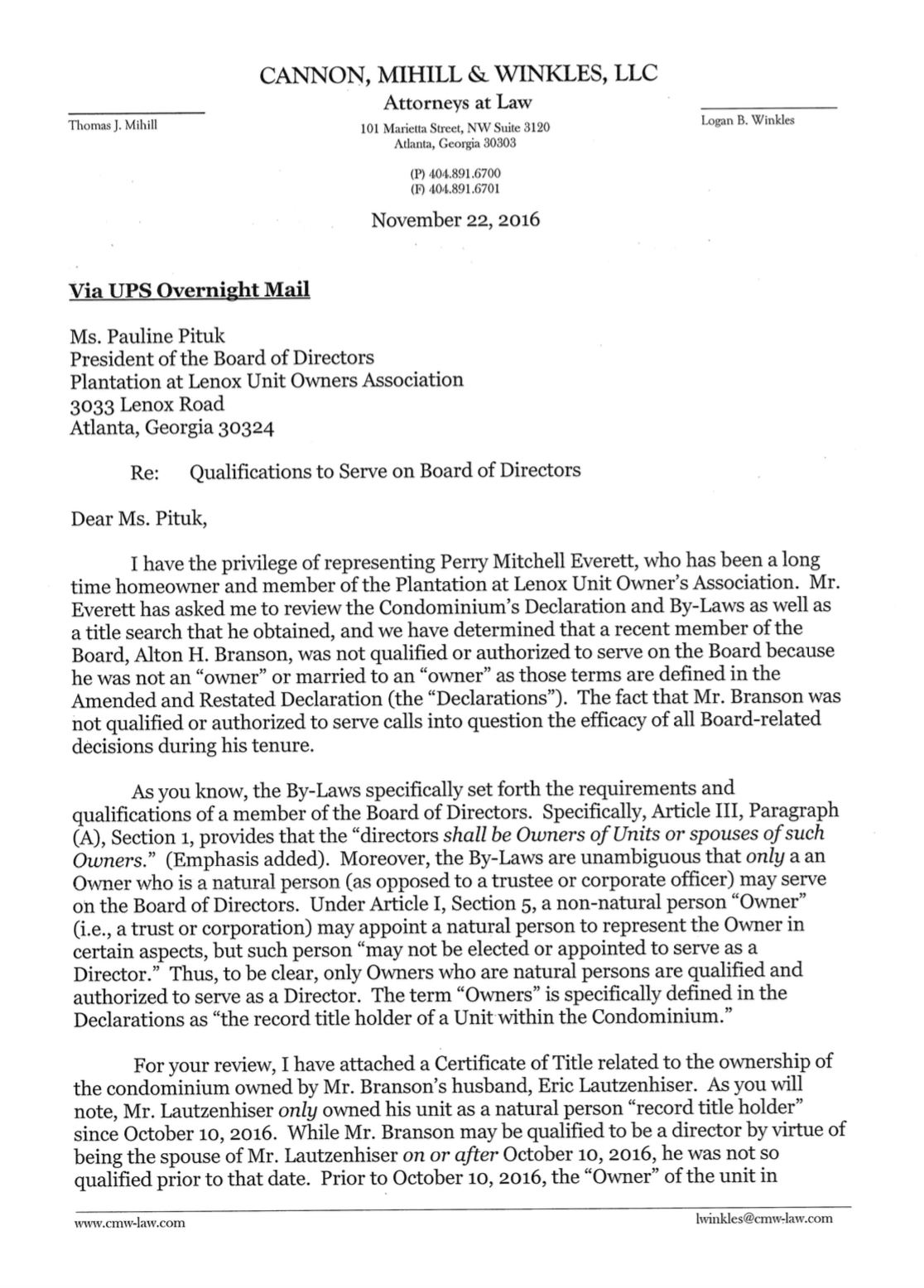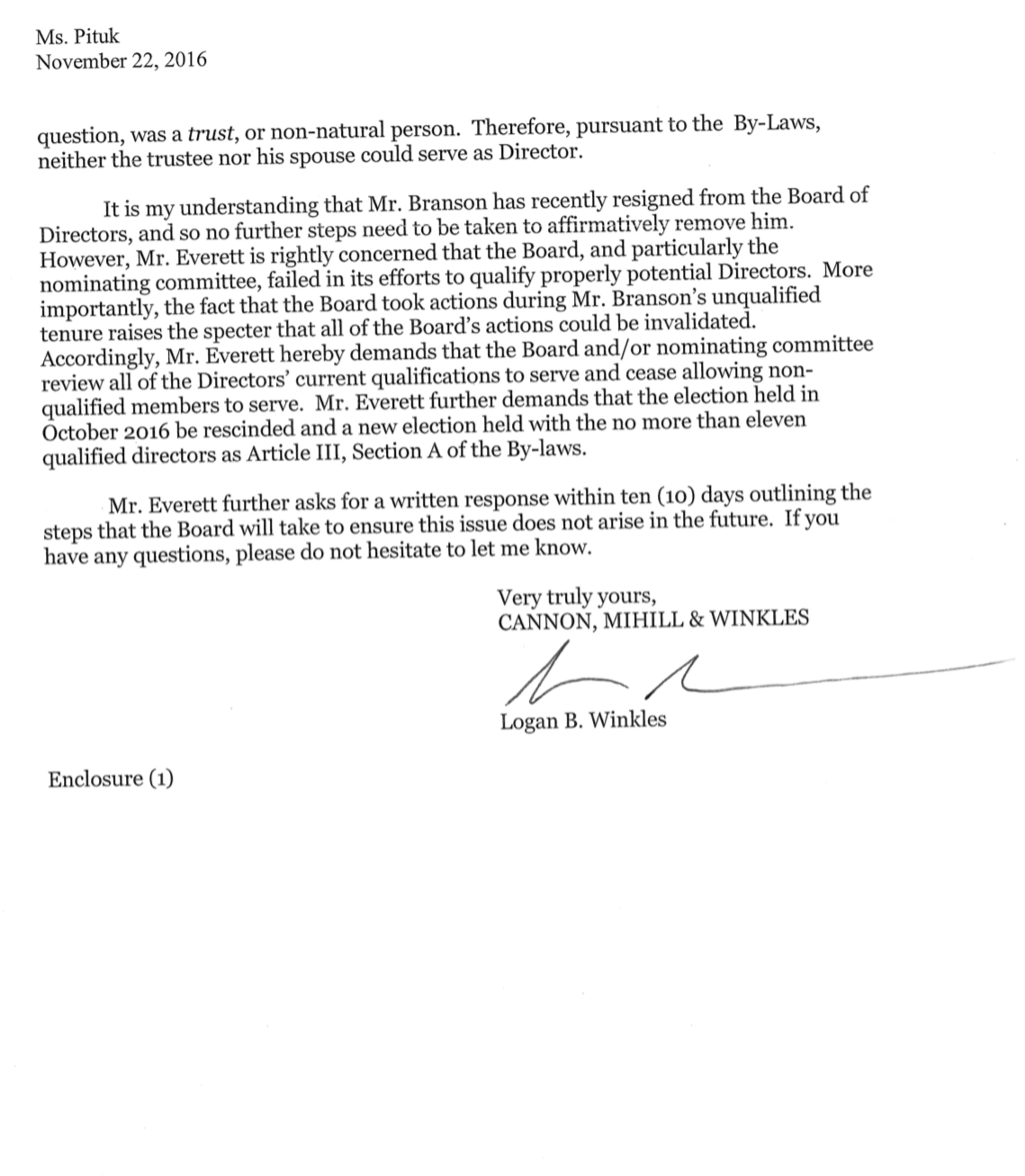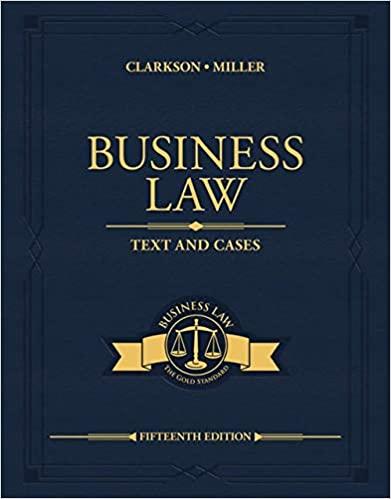Question
Facts: Last year, Mr. Gordon Carpenter purchased a home in the River View Subdivision in the state of Pennsylvania.The deed to the property that Mr.


Facts:
Last year, Mr. Gordon Carpenter purchased a home in the River View Subdivision in the state of Pennsylvania.The deed to the property that Mr. Carpenter purchased includes a notation that the property is subject to the Covenants, Conditions, and Restrictions of River View Subdivision that was recorded on June 1, 2001. The relevant portions of thecovenants and restrictions states: "The following covenants and restrictions shall run with the land and shall bind the purchasers, their heirs, successors and assigns, until abrogated by a duly recorded agreement executed by the owners of a majority of the residential lots affected by the restrictions. 1. USE. No lot shall be used except for residential purposes. No commercial or business activity shall be conducted within the Subdivision with the exception of a personal home office." Mr. Carpenter operates a welding business and when they are not in use, he parks two of his 1.5 ton welding trucks on a large parking area he has cleared next to his residence. He uses the trucks solely in conjunction with his business and performs routine maintenance and minor repairs on the trucks at his residence. Mr. Michael Smart, acting as president of the home owners association, advised Mr. Carpenter that parking the trucks on the property violates the restrictive covenant regulating the use of the property. Mr. Carpenter refuses to stop parking the trucks at his property.
Brief Answer: Based on the facts above, you can sue Mr. Carpenter for violation of the restrictive covenant. Under Pennsylvania law, a restrictive covenant is violated when the covenant restricts the use of parking lots to residential purposes and the owner performs routine maintenance and minor repairs on two business vehicles on the lot. In your case, Mr. Carpenter's parking of his welding trucks at his residence when not in commercial use violates the covenant restricting the use of the property to residential purposes.
Reasoning:
The case law regarding restrictive covenants is in Jones v. Park Lane for Convalescents, 384 Pa. 268, 120 A.2d 535 (1956), which the court stated that land-use restrictions are not favored, are strictly construed, and no act will be deemed a violation of a restriction that is not in plain disregard of its express words. However, this summary of the law does not give guidance as to how the law applies in fact situations such as those presented in the your case. A court opinion that does provide guidance is Baumgardner v. Stuckey, 735 A.2d 1272 (Pa. Supr. 1999). In Stuckey, the defendant, Mr. Stuckey, purchased residential property in a property development that was governed by restrictive covenants. One covenant provided that no lot could be used except for residential purposes. Mr. Stuckey, a truck driver, parked his truck tractor and one or more trailers on the property when they were not in use and performed repairs on the truck-tractor on the property. The plaintiffs, the Baumgardners, representing the Architectural Control Committee of the development, sought injunctive relief against Mr. Stuckey claiming that the parking of the tractor-trailer on the property violated the restrictive covenant. The trial court held that the covenant did not prohibit Mr. Stuckey from parking his tractor-trailer on the property. On appeal, the Superior Court noted that the covenant prohibits any commercial use of the property in the development. The court noted that Mr. Stuckey's use of the tractor-trailer was clearly commercial in nature. The court went on to state that "the storage of such equipment must be deemed commercial in nature, as the tractor and trailers are an integral part of Stuckey's commercial business." The court held that Stuckey's storing of the truck- tractor and/or trailers on the property violated the covenant requirement that the property be used solely for residential purposes. In your case, just as in Stuckey, the restrictive covenant limits the use of the property to residential purposes and Mr. Carpenter keeps vehicles, when not in use, at the residential property. The vehicles, which are the two welding trucks, are used solely in conjunction with his business. In both cases, repairs were performed on the vehicles at the residence. Just as in Stuckey, the parking and repair of the vehicles is commercial in nature and an integral part of Mr. Carpenter's business, and not a residential use of the property. Therefore, Stuckey is clearly on point, and if the reasoning of that case is applied in your case, Mr. Carpenter's parking, maintenance, and repair of the welding trucks at his residence is a clear violation of the restrictive covenant limiting the use of the property to residential purposes. A possible counterargument is that Stuckey is not on point because in Stuckey, the defendant stored equipment as well as a tractor-trailer on the property and in your case, Mr. Carpenter merely parked his work vehicles on the property. This is a distinction without a difference. In both cases, the vehicles are used primarily in conjunction with the owners' commercial enterprises and are parked and repaired on the residential property. What's supporting the Stuckey case was that the storage or parking of such vehicles when not in use is commercial in nature, not a residential use, and thus in violation of the restrictive covenant.
Conclusion:
Mr. Carpenter violated the restrictive covenant under Pennsylvania law.
Prepare a demand letter to Mr. Carpenter demanding that he stop parking his welding trucks on his property in the River View Subdivision. Inform him that his actions violate the restrictive covenant. Also inform him that if he does not cease parking the trucks on the property within 14 days, we will take the appropriate steps necessary to obtain the relief provided by law. Use the law office letterhead in Assignment 1 above. The office file number is 201-006. The letter is too Mr. Gordon Carpenter, 1306 River View Road, (your city and state). The date is today's date. Draft the letter in modified block style.
How would you construct all of the facts, brief answer, reasoning , and conclusion from the opinion letter, into the demand letter in the format provided below?


Step by Step Solution
There are 3 Steps involved in it
Step: 1

Get Instant Access to Expert-Tailored Solutions
See step-by-step solutions with expert insights and AI powered tools for academic success
Step: 2

Step: 3

Ace Your Homework with AI
Get the answers you need in no time with our AI-driven, step-by-step assistance
Get Started


